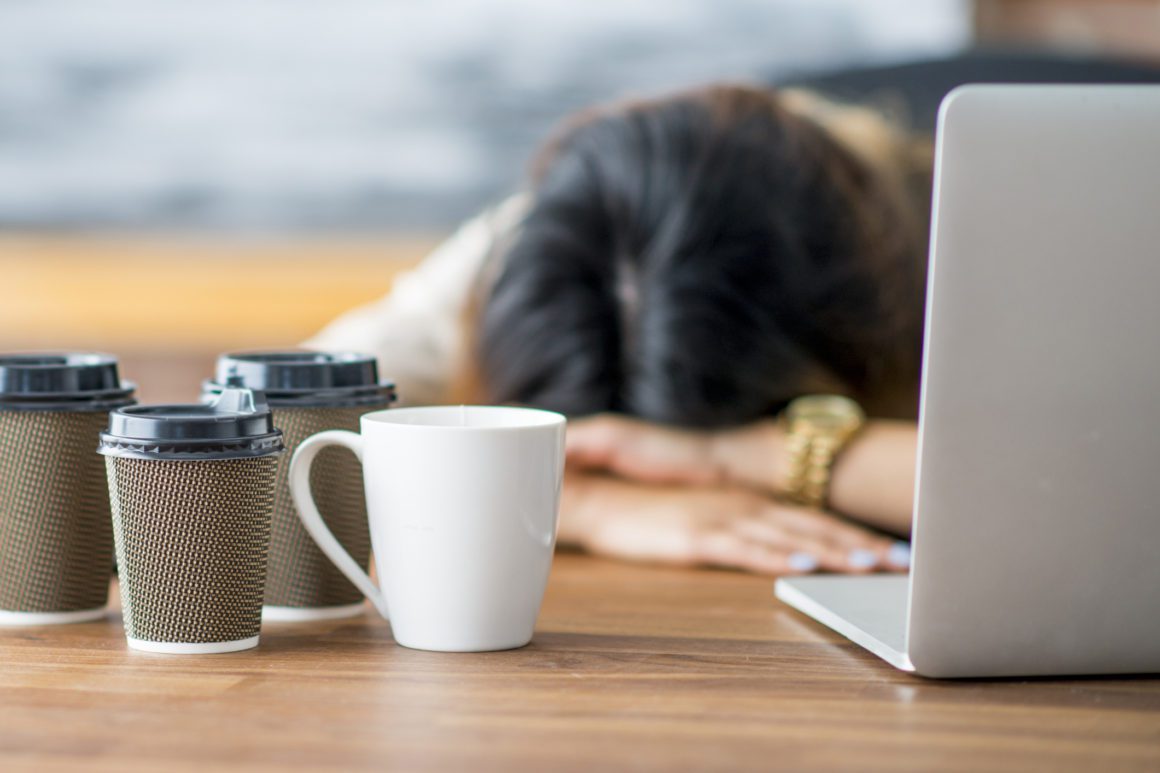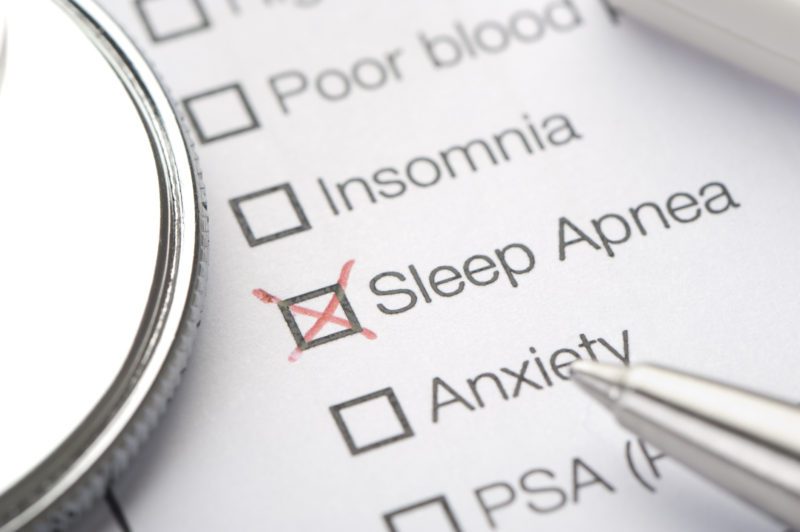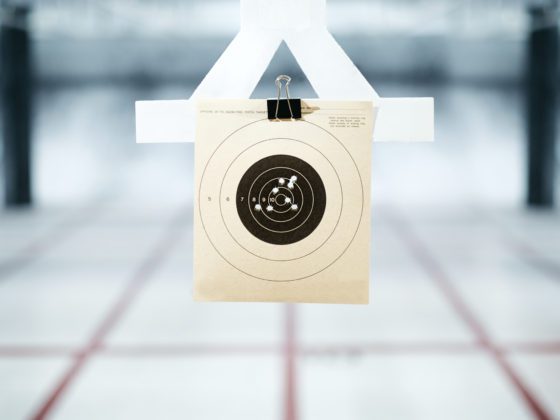About ten years ago, while living in Japan, I was diagnosed with sleep apnea. My original reason for going to the doctor was to see if I could find a solution for my loud snoring that was depriving my lovely wife of her valuable sleep. So I went to the doctor, thinking I would get a fix for my snoring can came out with a brand new CPAP machine.
My doctor did give me a solution for my snoring, and my sleep apnea from a numeric perspective is “managed” by my CPAC machine. Without the CPAC machine, I shake the walls with snoring, and sometimes my wife thinks I might have died because one of the other symptoms of sleep apnea is that you stop breathing.
I have been on a mission to improve my life across multiple areas, including my health and fitness, relationships with friends, family, and God, my station in life (career, side gig, finances), and knowledge and skill stack. I have been making progress in all these areas. However, I still have not seen significant jumps in mental alertness and very often have some level of fatigue which can impact my ability to follow through with the discipline required to make a real difference in my life and those around me.
Sleep is the golden chain that ties health and our bodies together.
Thomas Dekker
I believe that sleep is one of those core pillars that has an impact on everything in our life including both our physical and mental heath.
- NIH research shows that not getting enough sleep is associated with excess body weight and obesity.1. I am over weight, I have a higher BMI and I really struggle to lose wait. Is my sleep apnea, even though treated, making it difficult for me to lose weight? The reverse could also be true, is my weight causing my sleep apnea?
- Sleep duration is associated with type 2 diabetes. A review of 10 studies involving more than 18,000 people found that people who got between 7 and 8 hours of sleep per day have the lowest risk of diabetes. Those who sleep more or less than that 7 to 8 hours have a higher risk of having diabetes.2 Yikes! I mean yikes! My sleep apnea has been treated has allowed me to get those 7 to 8 hours of sleep, but is it quality sleep? My father has sleep apnea, he also has type 2 diabetes.
- Sleep apnea, a condition in which a person temporarily stops breathing while sleeping, increases risk for several different cardiovascular conditions, including high blood pressure (hypertension), stroke, coronary heart disease, and irregular heartbeat.3 My sleep apnea is treated with a CPAP so I have addressed this issue. Without the CPAP I definitely stop breathing from time to time.
- Research has also found that inadequate sleep increases blood pressure levels in people who already have hypertension. This finding may be one reason why people who lack sleep over time have an increased risk of cardiovascular disease.4 I have had periods of time that I have had higher blood pressure but with regular exercise and good use of the CPAP machine I have not had to use any medication.
- Inadequate sleep, especially over a long period of time, can lead or contribute to mood disorders. Chronic sleep problems have been linked to depression, anxiety, and mental distress. For example, one study reported that participants who slept only 4.5 hours per night were more stressed, sad, angry, and mentally exhausted than a comparison group with longer sleep.5 I would say I have been significantly impacted in this area. While I was still living and working in Japan my job had me on calls until 11 at night and most days had to be up early the next day. What impact did this lack of sleep combined with using a CPAC have on my stress levels? I started taking medication for anxiety while still living in Japan and continue use for about 2 years after returning to the US. With better sleep on average and a healthier lifestyle and exercise I have been able to eliminate all medication.
- Sleep disturbance has been linked to pain and disability. For example, in a recent NIH-supported study of arthritis patients, sleep disturbance was associated with pain and depression and predicted disability.6 This is something that is common in my life. I do not recover well from exercise, fight chronic aches and pains.
I have this ongoing question. Is normal sleep the same as someone with sleep apnea treating the symptoms with a CPAC machine?

My goal is to get off my CPAP machine and effectively cure my sleep apnea. If I can “cure” my sleep apnea, what impact will this have on both my mental and physical health? I make minor incremental improvements in my life daily, but if I lock down the quality of my sleep, will I be able to make even more significant improvements?
Doctors have diagnosed my sleep apnea as mild. If I lose my weight and get my BMI under control, will I be able to get rid of my sleep apnea? According to a Harvard Study, this sounds like a possibility. The Harvard Study states, “Though losing weight is easier said than done, it can yield real results. If overweight and obese people lose weight, it would make both sleep apnea and other health problems [such as heart disease] go away. Losing just 10% of body weight can have a big effect on sleep apnea symptoms. In some cases, losing a significant amount of weight can even cure the condition.”
Currently, my BMI is in a range that would define me as class 1 obesity. My first goal will be to get my BMI to a number considered overweight. When I hit this first milestone, I want to evaluate its impact on my sleep apnea and how I feel physically and mentally. If getting my BMI down improves how I feel and rids me of sleep apnea, it will be difficult to judge if getting rid of the sleep apnea (improving my sleep) or the weight loss is the cause for improvements in how I feel. It will probably be a result of a combination of both factors.
I hope getting to the I hope getting to the “overweight” range BMI will cure my sleep apnea, but somehow I think I will have to take the next challenge and get my BMI to the healthy range of 18.5 to < 25.
I have already started the journey to improve my BMI score, and I have dropped 1 point already. I hope this journey I am taking can give valuable insight to others who have a similar question to me.
See you soon at the next milestone.
The Day Warrior
Citations
- Wu, Y., Zhai, L., & Zhang, D. (2014). Sleep duration and obesity among adults: A meta-analysis of prospective studies. Sleep Medicine, 15(12), 1456–1462. Retrieved March 19, 2019, from https://www.ncbi.nlm.nih.gov/pubmed/25450058
- Shan, Z., Ma, H., Xie, M., Yan, P., Guo, Y., Bao, W., … Liu, L. (2015). Sleep duration and risk of type 2 diabetes: A meta-analysis of prospective studies. Diabetes Care, 38(3), 529–537. Retrieved March 26, 2019, from https://www.ncbi.nlm.nih.gov/pubmed/25715415
- American Heart Association. (2015). Sleep apnea and heart disease, stroke. Retrieved June 12, 2017, from https://www.heart.org/en/health-topics/sleep-disorders/sleep-apnea-and-heart-disease-stroke
- Cappuccio, F. P., Cooper, D., D’Elia, L., Strazzullo, P., & Miller, M. A. (2011). Sleep duration predicts cardiovascular outcomes: A systematic review and meta-analysis of prospective studies. European Heart Journal, 32(12), 1484–1492. Retrieved June 27, 2017, from https://www.ncbi.nlm.nih.gov/pubmed/21300732
- Division of Sleep Medicine at Harvard Medical School. (2007). Sleep and disease risk. Retrieved June 12, 2017, from http://healthysleep.med.harvard.edu/healthy/matters/consequences/sleep-and-disease-risk
- Parmalee, P. A., Tighe, C. A., & Dautovich, N. D. (2015). Sleep disturbance in osteoarthritis: Linkages with pain, disability and depressive symptoms. Arthritis Care and Research, 67(3), 358–365. Retrieved July 13, 2018, from https://www.ncbi.nlm.nih.gov/pmc/articles/PMC4342277/









